
Airbus advances liquid hydrogen tank development
Airbus is establishing a ZEROe development center in Stade, Germany, focusing on composite materials for hydrogen systems such as liquid hydrogen tanks. A focus of ZEDC Stade will be the development of cost-effective lightweight hydrogen systems (e.g., cryogenic hydrogen tanks) using carbon fiber-reinforced plastics. The work will include part design and manufacturing, as well as testing assembly methods. Engineers in Stade will cooperate with their colleagues at other Airbus locations, such as the ZEDCs in Bremen, Filton (UK), Madrid, and Nantes.
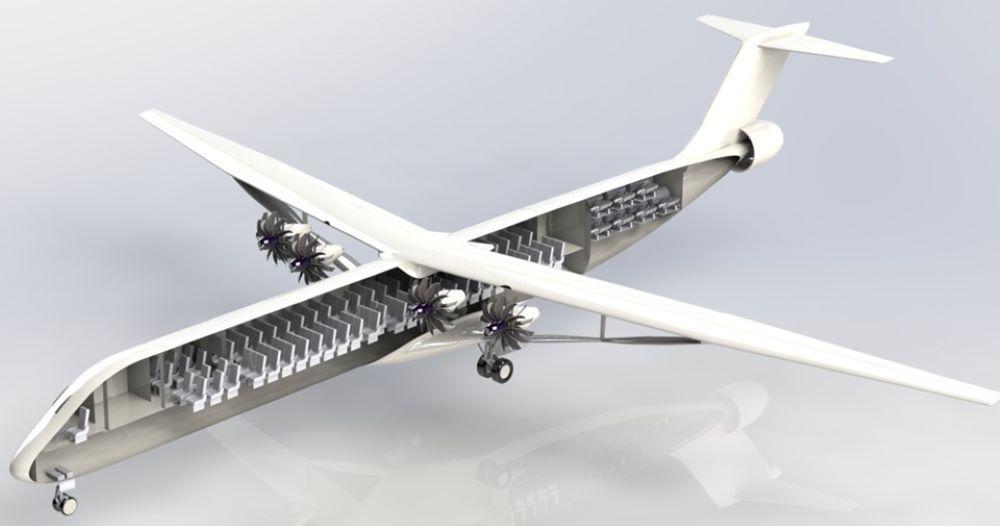
UConn team develops carbon-neutral propulsion single-aisle concept
Researchers at the University of Connecticut (UConn) have been funded to continue development of a carbon-neutral energy storage and power generation system that, by 2050, could allow a future single-aisle airliner to perform the same mission as a Boeing 737 using 70% less fuel.
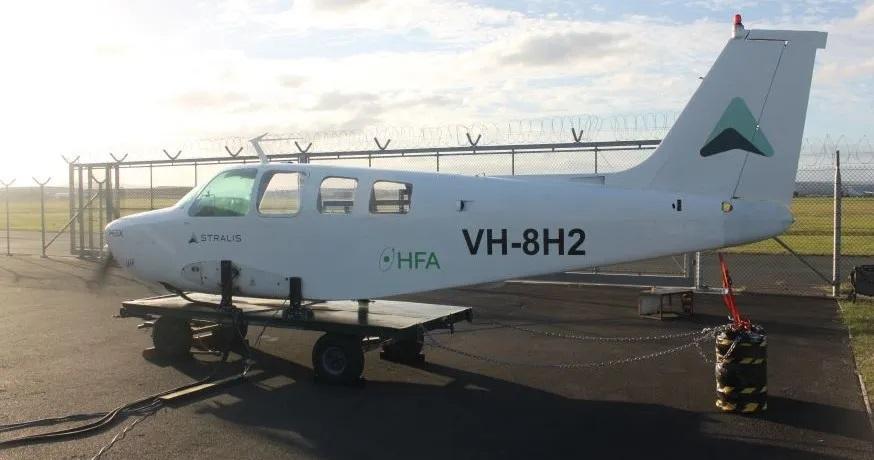
Australian startup Stralis adapts Beechcraft with hydro-electric propulsion
Australian startup Stralis Aircraft plans to retrofit a Beechcraft A36 Bonanza with a hydrogen-electric propulsion system, aiming for first flight in 2024 as a stepping stone toward enabling Australia’s first zero-emission commercial flight in 2026.
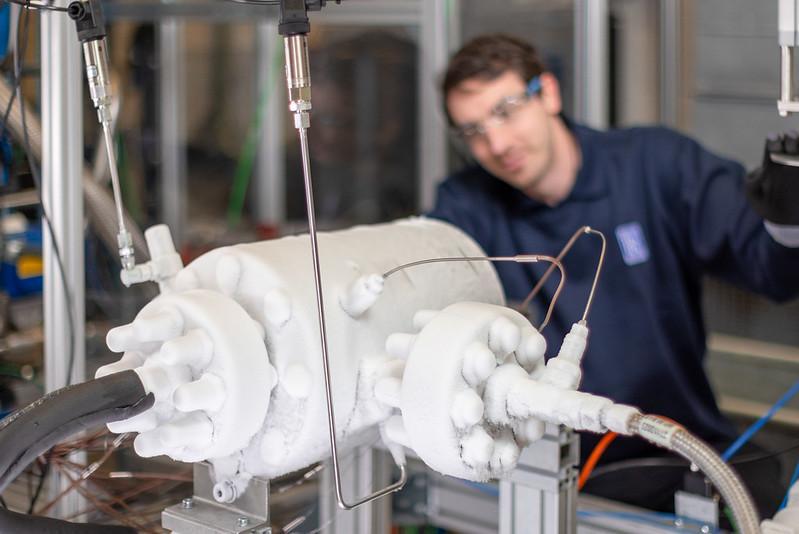
Rolls-Royce tests liquid hydrogen for zero-emissions flights
Rolls-Royce has begun tests of aerospace-rated pumps able to handle hydrogen in its cryogenic liquid state. The tests are taking place at Rolls’ facility in Solihull, England, and are focused on pressurizing low-pressure liquid hydrogen to enable it to be pumped into an engine. The effort is part of the engine-maker's growing research into the potential use of hydrogen for future zero-emissions flight.
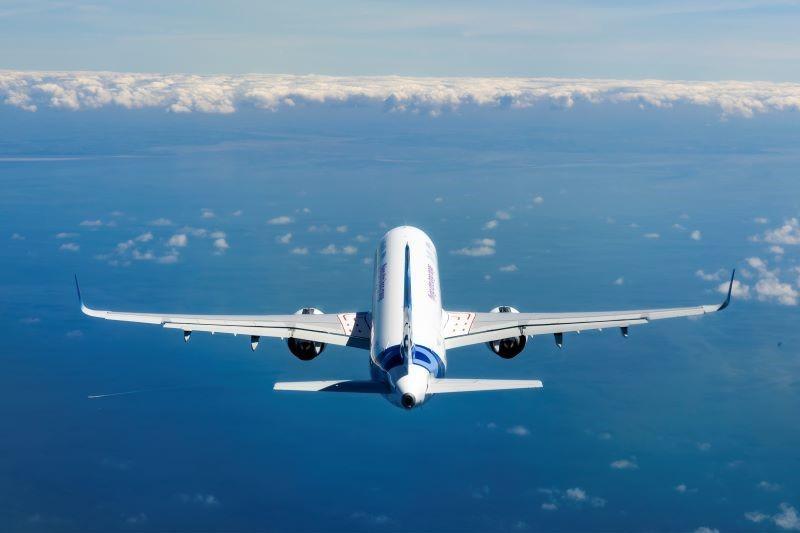
French government funds development of ultra-efficient aircraft
Airbus’ plan for an ultra-efficient aircraft that would supersede the current A320 around 2035 has received a funding commitment from the French government for €300 million ($330 million) per year, from 2024-27. The short- to medium-haul aircraft would use conventional or sustainable aviation fuel (SAF), as opposed to hydrogen.
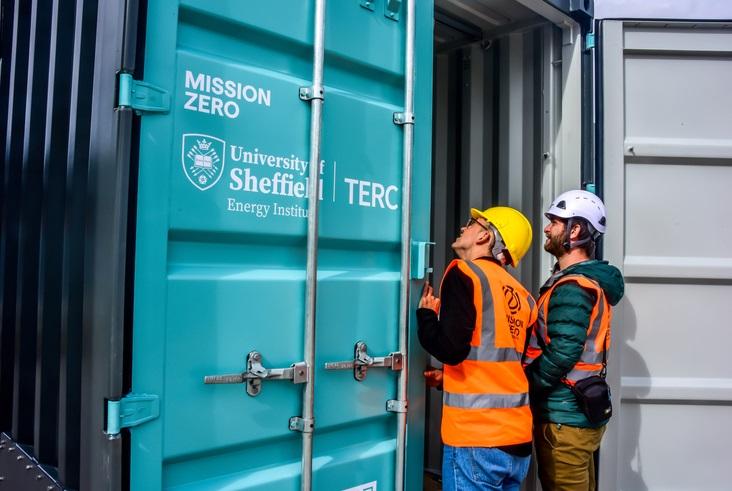
Swiss SAF startup Metafuels gets funding
Swiss startup Metafuels has completed an $8 million seed funding round to build a pilot facility to produce synthetic kerosene using renewable electricity and CO2 in a catalytic process is says can increase the yield and reduce the cost of sustainable aviation fuel (SAF). Zurich-based Metafuels plans to set up the pilot plant on the campus of the Paul Scherer Institute, with which it is collaborating on development of its process technology. This converts green hydrogen and captured CO2 into green methanol, which is then converted to e-fuel SAF in a two-step process.
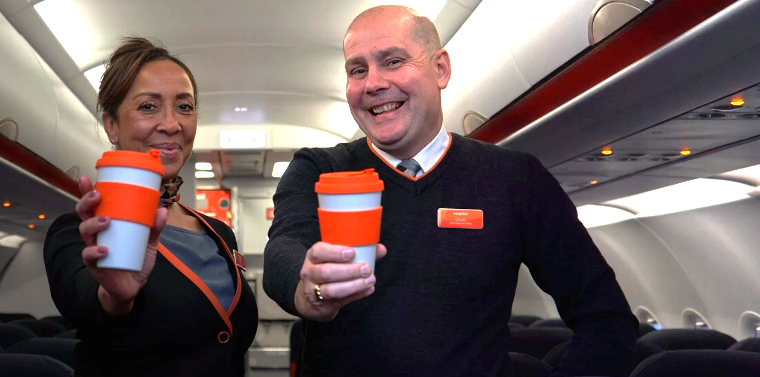
EasyJet pilots, crew switch to 100% reusable cutlery, cups
UK LCC easyJet is equipping all 14,000 of its crew (pilots and cabin crew) with reusable cups and cutlery in a mission to cut down on disposable single-use items. In total, the initiative is expected to prevent more than 10 million single use items from being used per year—equivalent to 71 tonnes per year.
The new reusable cups and cutlery are made from durable materials so they are built to last to ensure easyJet’s crew can reuse time and time again. All crew will receive their new cups and cutlery sets over the coming weeks, with the rollout to be completed by January 2024.

Ampaire’s EEL flies 12 hr. nonstop on hybrid-electric
California-based manufacturer startup Ampaire completed a nonstop 12-hr. flight on Dec. 10, 2023, with its Electric EEL propulsion testbed. The aircraft landed with 2 hr. of fuel and battery reserves remaining. The EEL is a Cessna 337 Skymaster modified into a parallel hybrid, with a combustion engine in the nose and independent electric drivetrain replacing the rear engine. Ampaire conducted the endurance flight from Camarillo, California, the aircraft flying a racetrack pattern and covering a total of 1,275 miles.
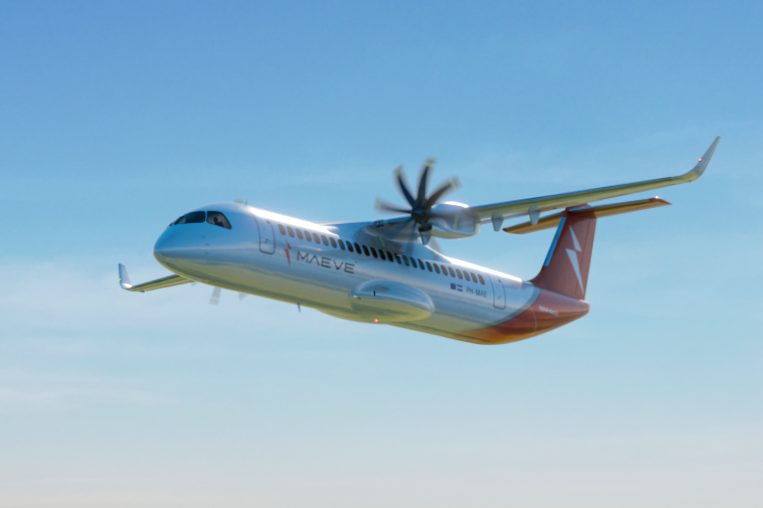
Maeve Aerospace begins R&D of 80-seat hybrid-electric regional carrier
Netherlands-based Maeve Aerospace has started research and development work on an 80-seat hybrid-electric turboprop that is targeted at the regional jet and De Havilland Canada Dash 8-400 replacement market. Maeve's aircraft, named the M80, is to make its first flight at the end of 2028 and enter service in 2030/31.
The M80 is an all-new airframe with swept, high wings and newly developed turboprop engines supplemented by battery power during takeoff and climb. The European startup is close to revealing a memorandum of understanding with an undisclosed engine manufacturer, a step expected for the beginning of 2024.
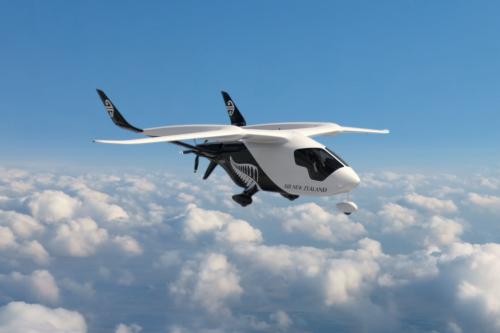
Air New Zealand buys all-electric ALIA aircraft
Air New Zealand bought one all-electric ALIA aircraft, with two options and rights for another 20, its first purchase in its Mission Next Gen Aircraft program. Designed by Vermont-based electric aerospace company BETA Technologies, the five-seat battery-powered all-electric aircraft is expected to join the New Zealand flag carrier’s fleet in 2026.
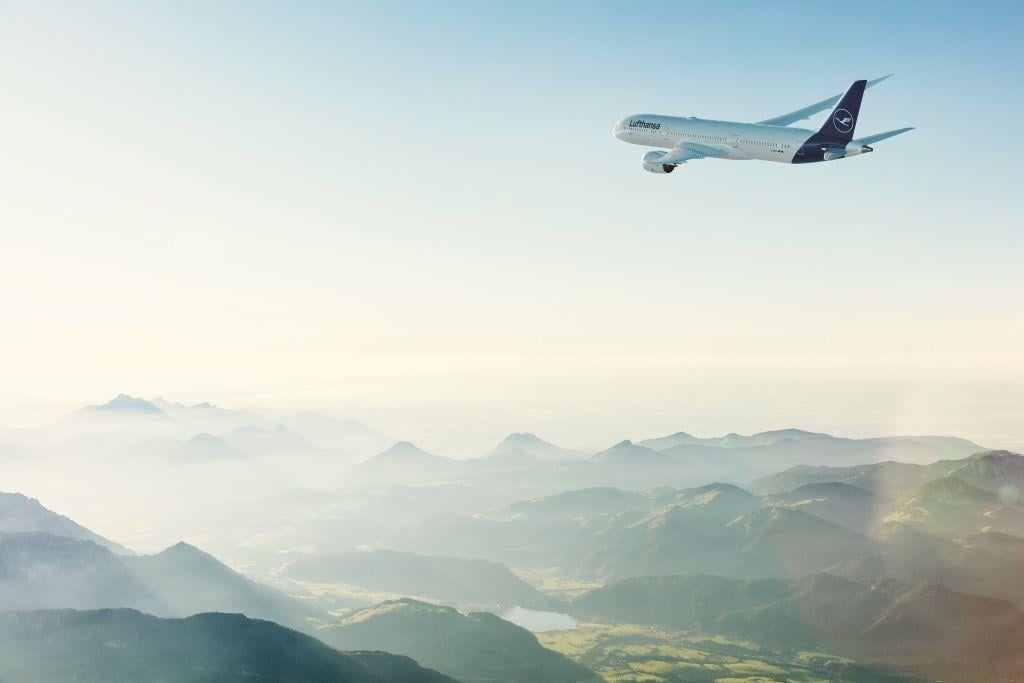
Lufthansa Group joins Airbus carbon capture initiative
The Lufthansa Group signed a contract with Airbus on the pre-purchase verified and durable carbon-removal credits of 40,000 tonnes of CO₂. Direct air carbon capture and storage technology filters CO₂ from the air and stores it permanently. The carbon-removal credits will be issued by Airbus through its Airbus Carbon Capture Offer. The certificates will be available from 2026 and an annual purchase of carbon-removal credits of 10,000 tonnes of CO₂ has been agreed on over a period of four years.
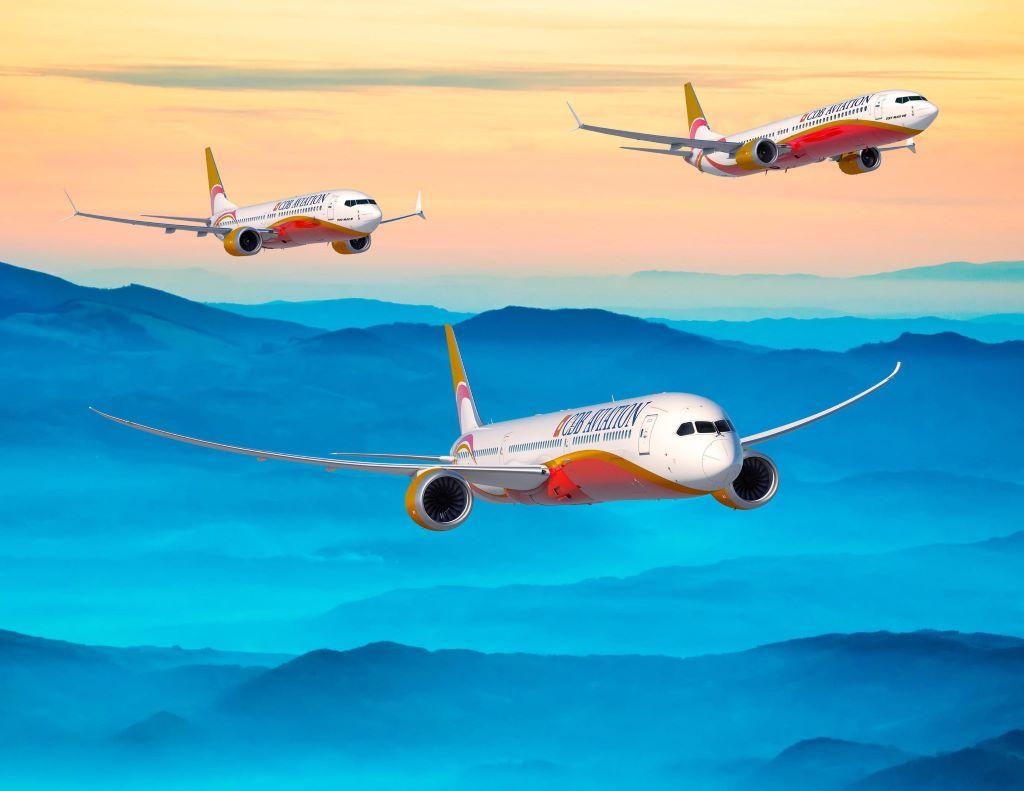
CDB Aviation secures $625 sustainability-linked loan
Irish lessor CDB Aviation secured a $625 million sustainability linked loan, which carries conditions connected with the lessor’s carbon footprint, new-technology aircraft and diversity awareness. CDB Aviation CEO Jie Chen said this was the first major sustainability-linked loan syndicated facility among aircraft lessors.
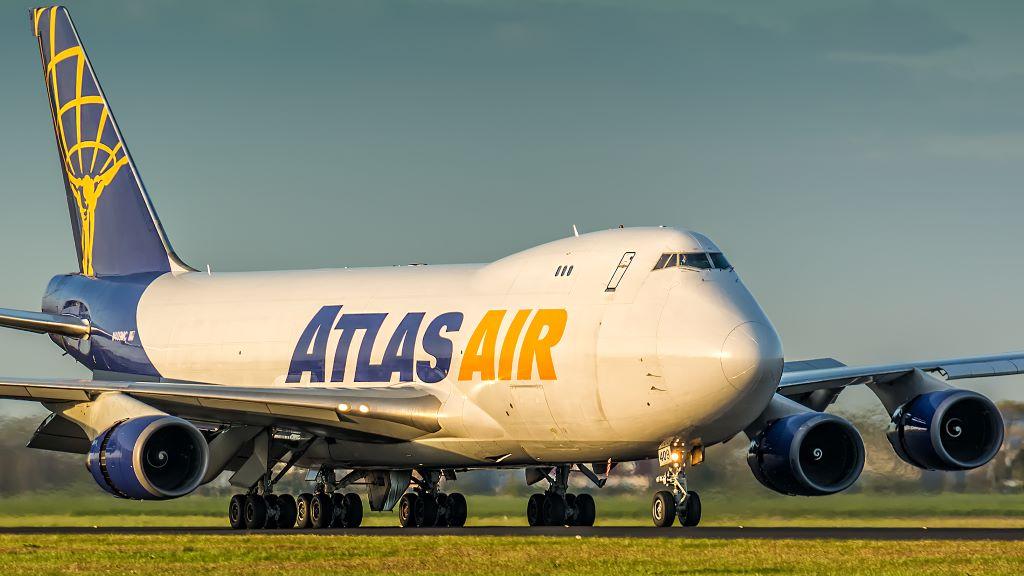
Atlas Air cargo to use SAF
Atlas Air became the first cargo operator to use SAF regularly on flights in Spain after the New York-based cargo carrier signed an agreement with Madrid-based multi-energy company Repsol to use a 5% blend of SAF on flights from Zaragoza Airport in northeast Spain.
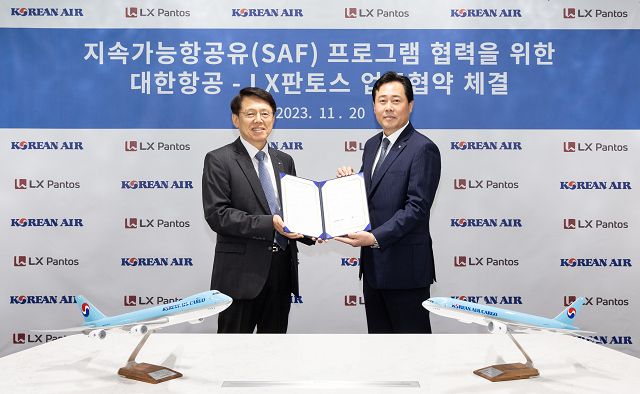
Korean Air partners with LX Pantos to increase SAF on cargo flights
Korean Air plans to expand the use of SAF on cargo flights through its partnership with global logistics company LX Pantos, which will purchase SAF for Korean Air’s cargo operations and Korean Air will share the amount of carbon emissions reduced. Pictured, from left: Korean Air SVP and head of carbo business division Jaedong Eum and LX Pantos VP and head of air freight business unit Keun Taek Oh.
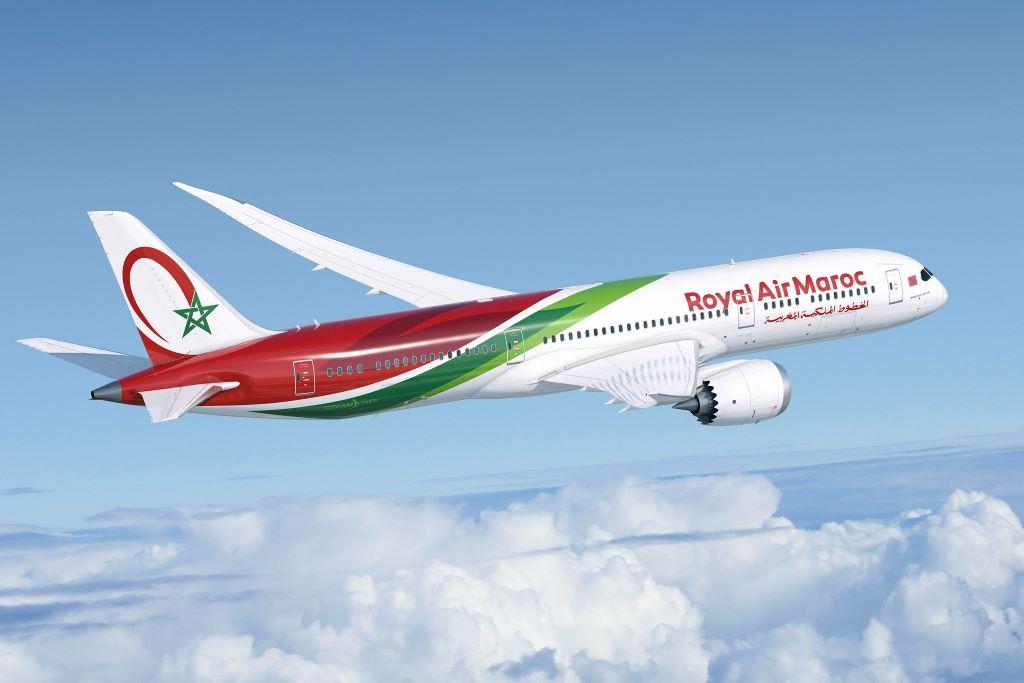
Royal Air Maroc operates first carbon-neutral Boeing 787-9 flight
Moroccan national carrier Royal Air Maroc (RAM), in partnership with oil and gas specialist Afriquia SMDC, flew its first carbon-neutral flight on Dec. 9 between two African countries—Casablanca Mohammed V International Airport (CMN) and Dakar Blaise Diagne International Airport (DSS), with a Boeing 787-9 powered by GEnx engines.
As aviation steps up its efforts to achieve its commitment to net-zero CO2 emissions by 2050, the industry is exploring everything—from sustainable aviation fuels (SAF) to next generation aircraft and hydro-electric propulsion technologies—to help meet targets. Here are some of the latest initiatives as 2024 begins.
